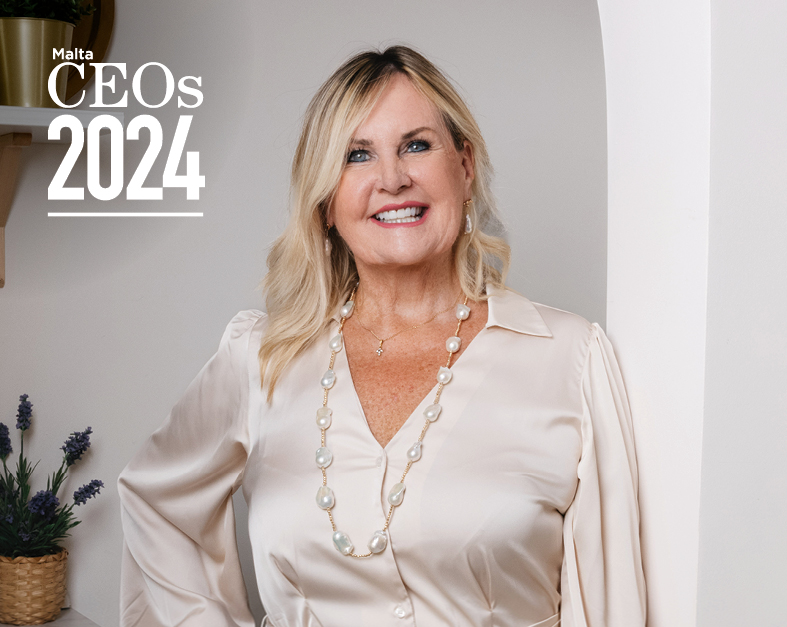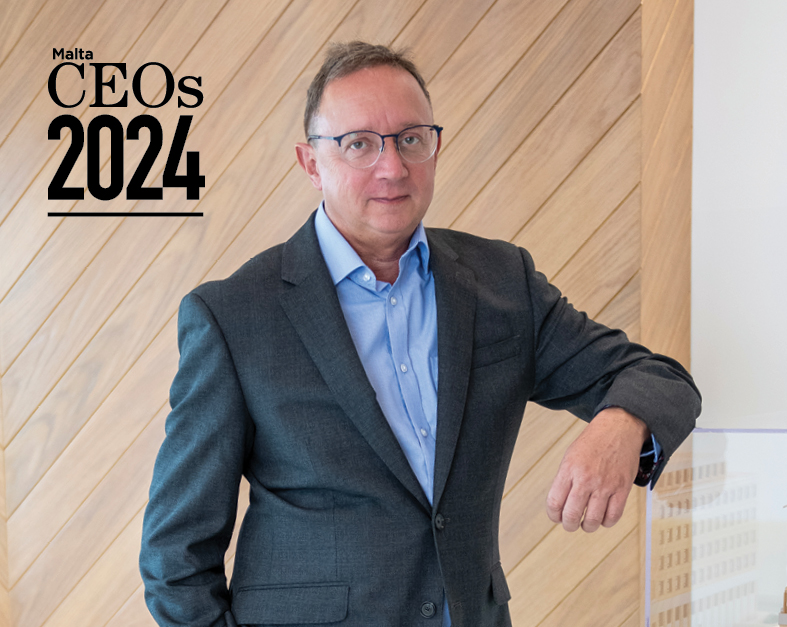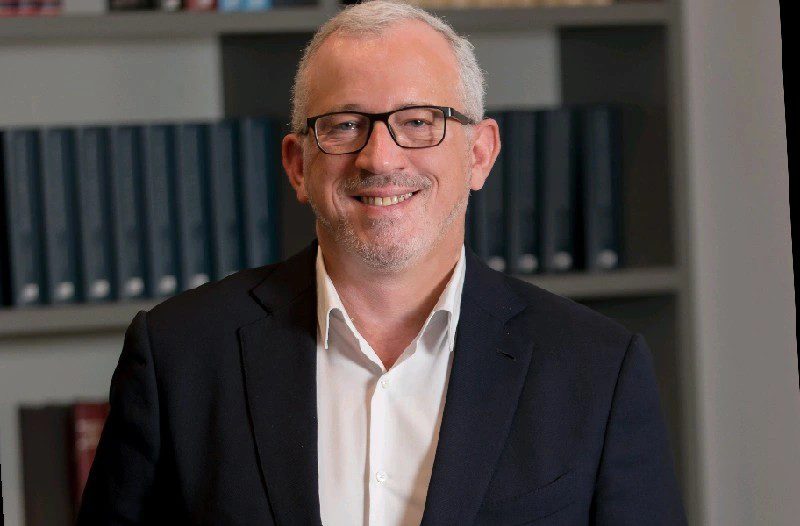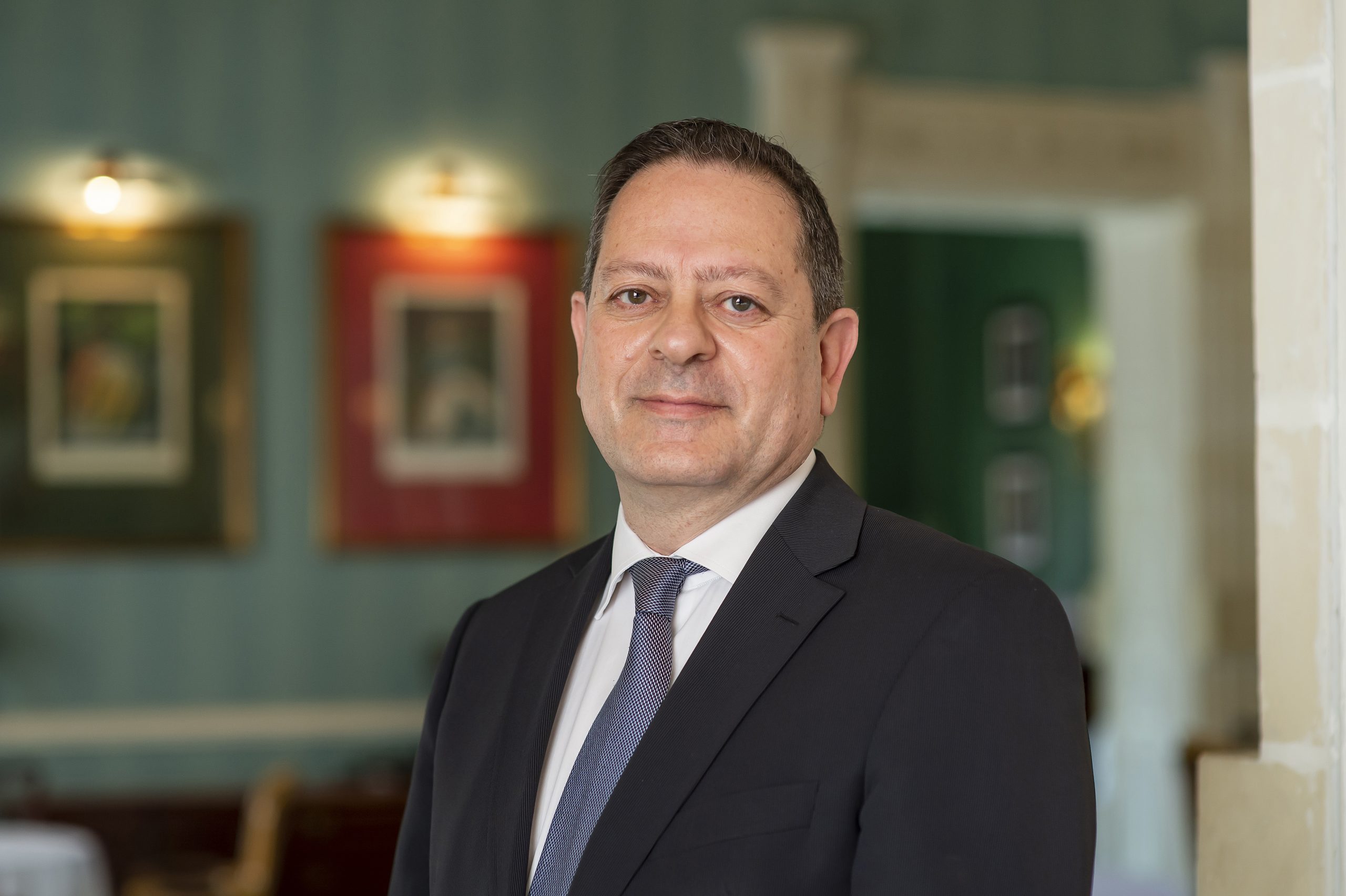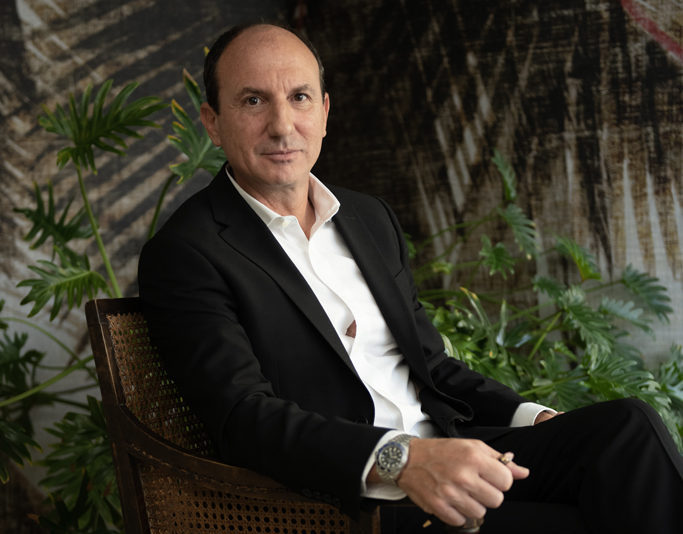The COVID-19 pandemic brought a number of changes to the business world, ranging from an increase in remote working and online businesses, to companies closing and extensive layoffs.
The latter two were especially prominent, and prompted workers to either rethink their careers and focus on different industries, or take career breaks – on some occasions voluntary, and on others forced – to recharge and re-evaluate their options.
More than three years later, pursuing breaks has become somewhat of a trend, with more workers favouring a work-life balance that meets their needs. This has resulted in the emergence of wider gaps between one job and another – which was heavily frowned upon in the past – leading to CVs taking on completely different looks from those of previous years.
As a result, MaltaCEOs.mt reached out to various recruitment specialists about the different ways that CVs are being interpreted nowadays, and whether career gaps are still perceived as taboos.
Sacha Borg, Recruitment Manager at Tailwag Recruitment, explained that career gaps were in fact viewed as “signs of unreliability and underperformance” in the past, yet “this mentality has changed in recent times”.
“Nowadays, it is becoming more common for people to take career breaks or gaps for various reasons, such as personal growth, family care, health issues, or pursuing further education. Employers are increasingly aware of the benefits of taking breaks and the value of non-linear career paths,” he said.
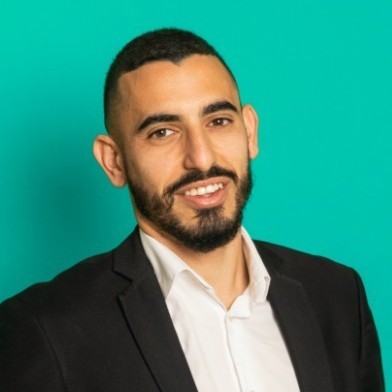
He added that instead, certain employers are now viewing them positively, since they believe that some time off can help people gain “new perspectives, develop new skills, and bring fresh ideas to the workplace”. This is coupled with the aforementioned increased focus on work-life balance, which is being further assisted by the implementation of policies to “support” employees who require such breaks.
On the other hand, GCS Malta Director – Recruitment Services & Business Consultancy Emanuel Zammit, said that while perceptions are “changing”, this is not at the pace that “is being advertised on social media”.
“Whilst various companies are embracing career gaps, a lot of companies are still sceptical about someone having a gap of one to two years in their CV. Such companies tend to ask various questions and whatever the answer of the candidate will be, there will still potentially be questions unanswered,” he explained.
Betting Connections Project Manager Gosia Pluta added that while there has not been a drastic change, the perception is “going in the right direction”, as employers are “more receptive now” than they were before.
“As long as there is a good reason for it, such as further education, to take care of dependants, to take care of oneself, to travel….Career breaks without a clear explanation will still generate a negative feeling,” she highlighted.
Mr Borg also pointed out that perceptions also depend on the industry, job type, and length of break in question, as generally, “shorter gaps are viewed more favourably than longer ones”.
When asked about the main reasons as to why such changes have taken place, Ms Pluta said that the prominence of mental health and wellbeing in discussions have led to employees to take potential career breaks into consideration more than before.
Mr Borg added that this has also come as a result of an increasingly competitive job market, which has forced employers to become more “flexible in their hiring practices”, as well as due to the rise of remote and hybrid work arrangements, which has made it “easier for people to take time off from their careers without completely leaving the workforce”, and to also return to work when they are ready.
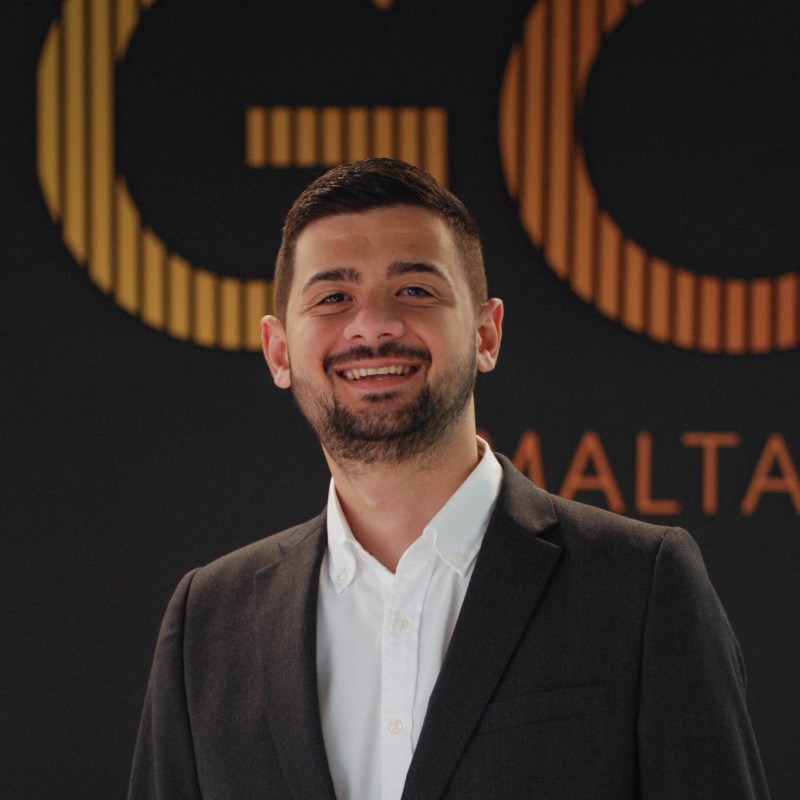
Mr Zammit reaffirmed this, stating that due to candidate shortages, “companies had no other option but to adapt and stop being too focused on experience”. A number of companies are “finally” becoming more open to hiring junior candidates that have the “willingness to learn, the right approach, and also the right attitude for a role”, which allows them to be trained accordingly.
Mr Borg remarked that the way career success is viewed is “the most relevant and impactful change”, as in the past, success was defined by a linear career and upward mobility, yet today it is “viewed more holistically, taking into account a person’s personal and professional goals and values”.
All three specialists mentioned a wide array of benefits that career breaks present to employees, such as allowing time to “recharge” and “avoid burnout”, find “new energy” to continue one’s career path or change it completely, and to also upskill and expand their knowledge.
“It is also beneficial to take a break to get out of a routine we are in, to take a break from the same format and find some inner peace, and to take care of our wellbeing and mental balance. Career breaks usually bring new perspectives,” Ms Pluta added.
However, while the length of that particular break is important, there is no specific amount of time in terms of how long it should be, as each situation is entirely different, with an individual’s circumstances and the nature of their industry all being crucial factors.

“For some professions, an extended career break may require significant retraining or a refresher course, while for other industries, the impact of a career gap may be less significant,” Mr Borg said.
“There’s no such thing as ‘too much’ of a career break. In my opinion, every person has different views about work-life balance, their priorities and work objectives. I think this highly depends on the individual’s aspirations,” Mr Zammit pointed out.
Ms Pluta explained that a break usually should not be shorter than a month, as it “takes a few initial weeks to rest and change the mind’s pace”, and while some people might have only needed a few months, others might require two years. “A skilled professional taking an extra study time for a year will come back to work with an even stronger output,” she added.
However, she also highlighted that longer career breaks are “not recommended” in certain industries unless the individual “keeps themselves up to date with latest trends and technologies” during that time. These include technology and marketing, where such techniques “develop at a high speed”.
“A marketing manager who recently was on a two-year sabbatical break might have missed the moment where companies shifted their sales and marketing promotion to TikTok and reduced Facebook sponsored ads. In this case, the employer will potentially prioritise a candidate who can hit the ground running and didn’t lose touch with the work or industry,” she continued.
Even though the pandemic has had a significant impact on the way that career gaps are perceived, with employers being more inclined to overlook them than they were before, Mr Borg said that employers might still favour candidates who can “demonstrate a consistent track record of achievement and commitment to their profession or industry”.
Candidates need to be able to explain the reasoning behind their break, as a long gap might raise questions about their ability to “adapt to new workplace norms and technologies, keep up with industry developments, or work effectively in a team,” he added.
Ms Pluta remarked that throughout the pandemic, employers were “forced” into hiring the people that were available to them at that given time, which could have proven to be a “costly exercise” if the performance and commitment were not as expected. “By the end of 2022 and definitely in 2023, employers have become much more selective in their recruitment processes and analyse every career move in much more depth, it being a break or a change,” she said.
“Even in today’s market, and the massive candidate shortages present, companies tend to be slightly reluctant to offer a role immediately to someone with a long career gap,” Mr Zammit concluded.
The Convenience Shop names João Carlos Rente Correia as new Chief Operating Officer
He replaces Jonathan Smith, who served in the position for over a year.
Executive Coaching Day: Four industry professionals on what it takes
We explore the experiences, traits and insights of four local Executive Coaches, and delve into who the mentors turn to ...
Despite recent turbulent years, IHI ‘stayed the course,’ with new hotels planned – CEO Simon Naudi
Simon Naudi says 2023 brought a ‘welcome return to normality in global travel markets’ following the COVID-19 pandemic.
‘We look forward to celebrating 25th anniversary in 2025 with stronger results’ – Sparkasse Bank CEO
Paul Mifsud says the bank’s performances in both Malta and Ireland are showing ‘good prospects.’



